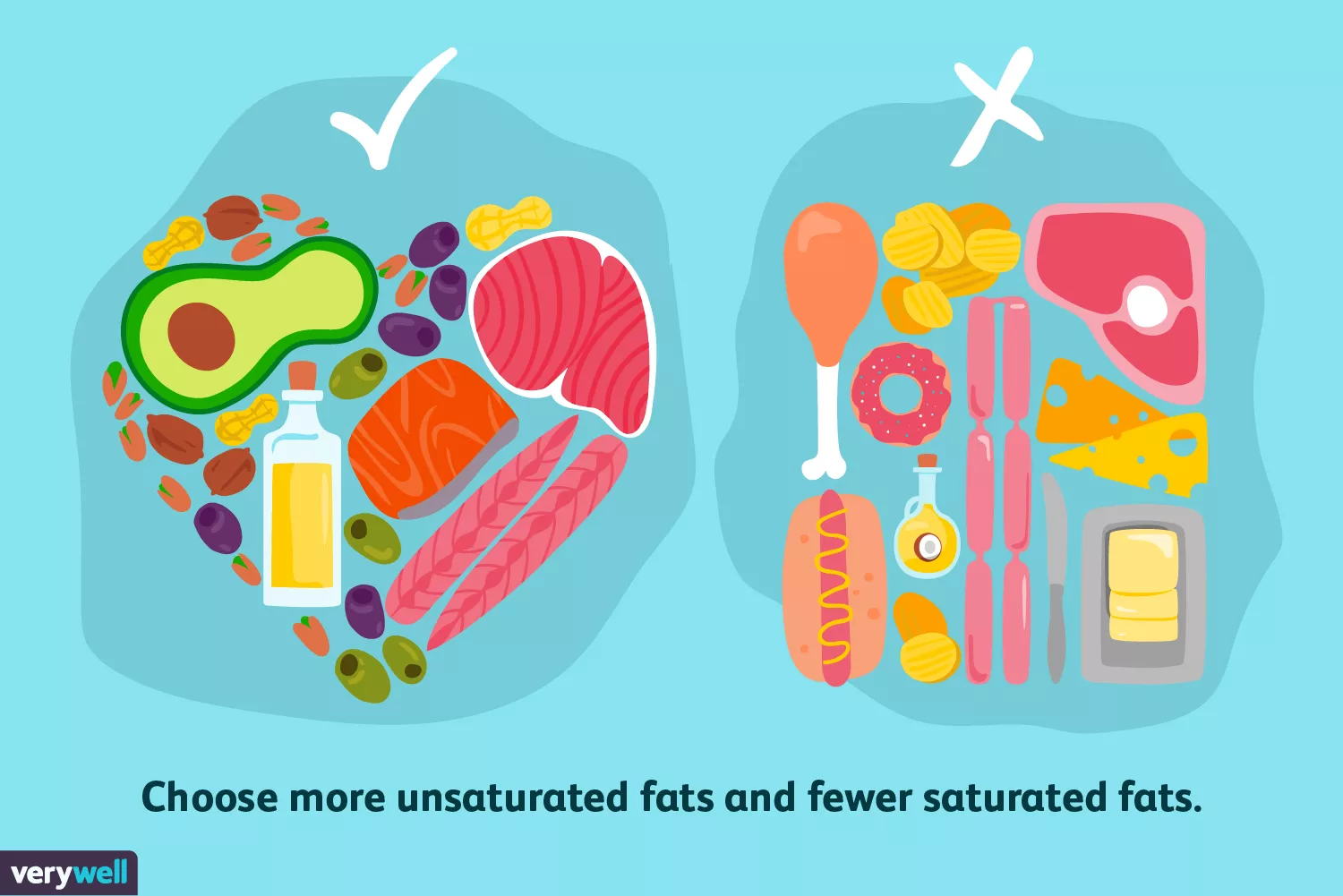Your body needs dietary fat, but it’s best to limit some saturated fats By Jennifer Moll, PharmD Table of Contents The main difference between saturated and unsaturated fat is their form at room temperature and their impact on your health. Dietary fats are important for your body to stay healthy. They provide energy, protect your organs, maintain cell growth, stabilize blood pressure, and help your body to absorb certain nutrients.1 The key is eating healthy types of fat. Saturated fats (including a type called trans fat) tend to stay solid at room temperature and can cause fatty deposits in…
Read MoreDay: February 15, 2024
What Is Major Depressive Disorder?
By Jenn Sinrich Medically reviewed by Lindsay Cook, PharmDPrint Table of Contents Depression is a common and serious mood disorder that impacts the way an individual feels, thinks, and acts on a daily basis. It also goes by the name major depressive disorder (MDD), or clinical depression. Someone who is depressed may experience a lack of interest and excitement in everyday activities that they once enjoyed, and the overall emotional toll that depression can take on a person’s wellbeing can lead to emotional, physical, and mental issues that can impact nearly every facet…
Read MoreWhat to Eat When You Have Fibromyalgia
Dietary Recommendations for Better Management By Adrienne Dellwo Table of Contents Fibromyalgia can be difficult to manage, but there is evidence that certain dietary changes can benefit people living with this chronic pain disorder. What exactly might help can differ from person to person, but some have reported improvement with increased intake of antioxidants and omega-3 fatty acids and decreased consumption of food allergens and gluten. Although research supporting the use of diet in fibromyalgia is of low quality overall, a 2019 review published in the Annals of Medicine reported that diet rendered positive results in five of…
Read More

